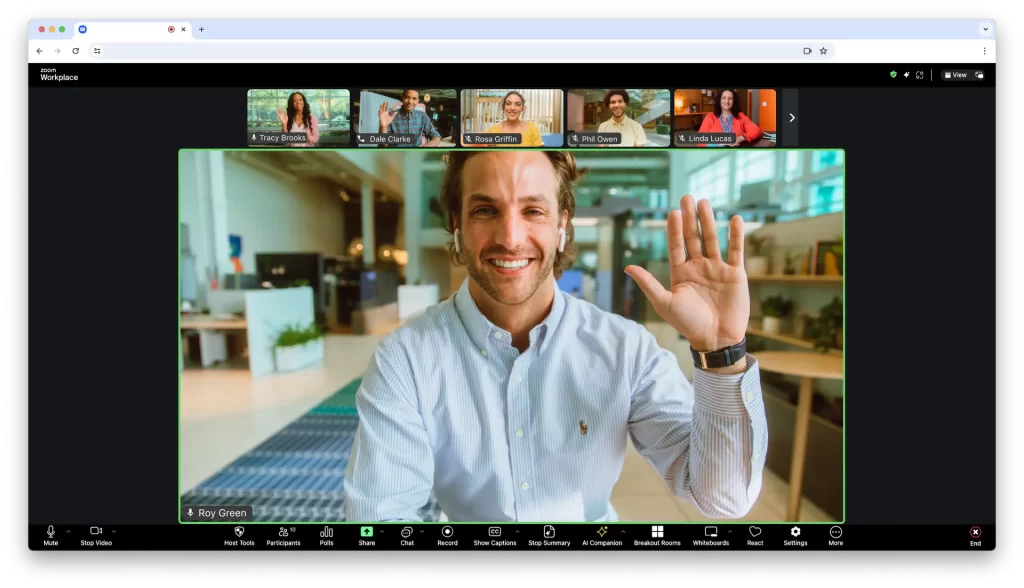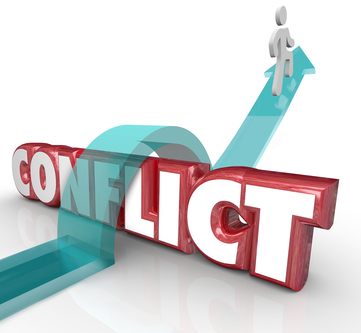Guest blog by: Michael Bleau, Co-founder and CEO of Event Hub
In the COVID-19 era, many event organizations have been forced to operate as remote production teams. Transitioning to remote work brings unique communication challenges, especially for event professionals used to collaborating in person. So in this article we will go through some team communication guidelines.
At Event Hub, we’ve built a successful virtual office culture over the years. As a mostly remote tech company, we’ve learned what works—and what doesn’t—when managing a remote event team.
Here are three key strategies to help you build and maintain a thriving remote team culture.
1. Make Video “Face Time” Mandatory for Remote Event Teams
We’re not talking about Apple’s FaceTime—but rather the consistent use of video conferencing tools like Zoom, Google Meet, or Microsoft Teams. Encouraging (or requiring) everyone to turn their cameras on during team meetings significantly improves communication and accountability.

Why video meetings matter:
- Keeps team members engaged and present
- Encourages professionalism in remote work environments
- Reduces distractions like checking emails or phones during calls
- Helps build connection and trust among remote teammates
💡 Pro tip: A camera-on culture ensures your team shows up ready to work and stay present.
2. Don’t Let Disagreements Play Out Over Slack, Email, or Text
Ever misread the tone of a message? Of course. Written communication is easily misunderstood—especially when tensions are high or context is missing.
Real Talk from the Event Hub Team:
Early on, my co-founder and I made the mistake of trying to resolve serious issues over Slack. This often escalated into avoidable arguments due to misinterpretations. We quickly realized that important conversations deserve face-to-face interaction—even if it’s virtual.
Why video is better for conflict resolution:
- Shows facial expressions and body language
- Allows for real-time clarification
- Reduces the chance of misreading tone or intent
We’ve since made it a rule: video calls for all important discussions—especially feedback, coaching, or strategic decision-making.

3. Schedule Time for Team Building in Remote Workspaces
One of the biggest losses in remote environments is spontaneous social interaction—those “watercooler moments” that help build camaraderie. That’s why you need to intentionally create space for human connection.
Two practices that work for us:
✅ Red-Yellow-Green Check-ins
Once a week during our all-hands meeting, each team member shares a personal status—red, yellow, or green—along with a brief explanation. It’s a judgment-free way to stay emotionally connected.
☕ Virtual Coffee Breaks
Every other week, we pair two random employees for a 15-minute video coffee chat. This casual time helps foster relationships across departments and hierarchies.
🧠 Bonus tip: Schedule these activities on a recurring basis to make them a core part of your team’s routine.
Final Thoughts: Set Your Remote Event Team Up for Success
Building a strong remote team culture takes intention, especially for event professionals who thrive on in-person collaboration.
Quick Recap:
- Use video calls as the default for meetings and coaching
- Avoid handling conflicts or sensitive topics via text
- Invest in virtual team-building to maintain morale and trust
Remote work isn’t just a stopgap—it’s part of the future. By adopting these strategies, you can empower your event team to thrive no matter where they’re working from.
As always if you are looking for a great event to attend you can purchase tickets HERE.
Other Articles

